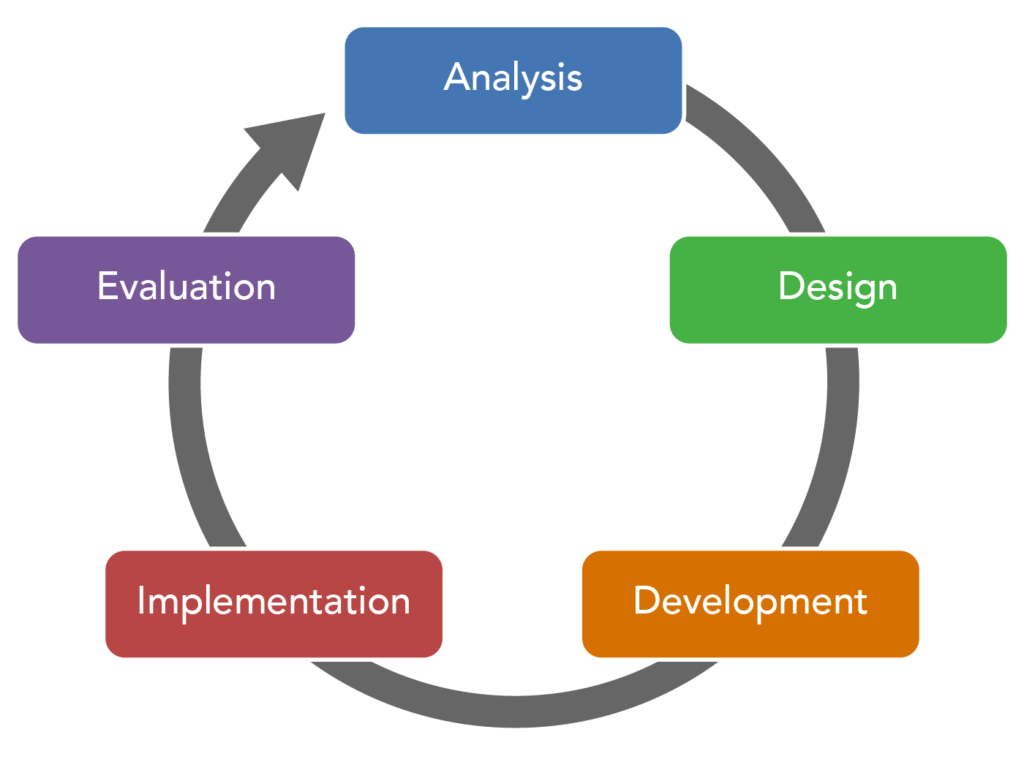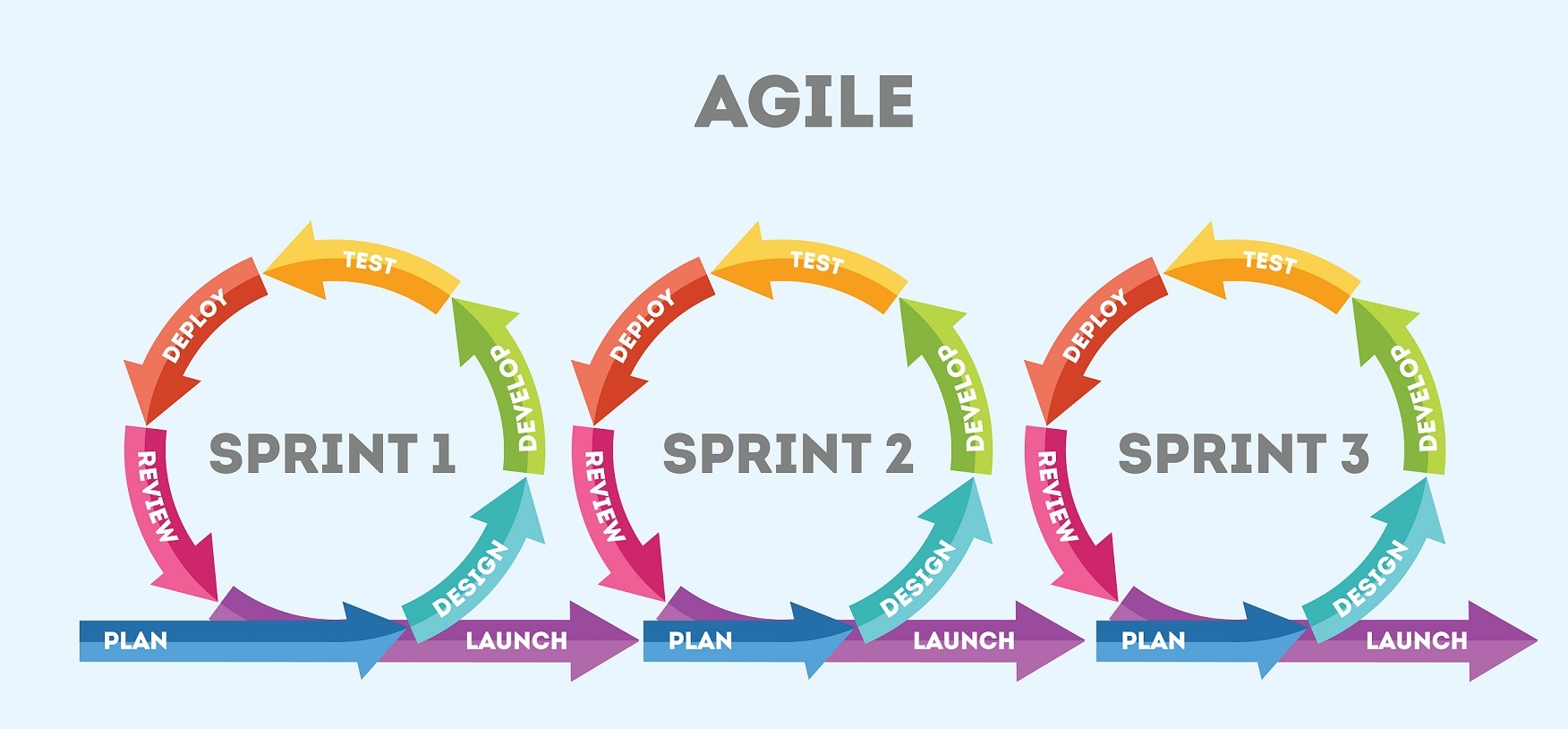On the importance of language and learning new things
I’ve been in the CodeOp full stack bootcamp since October, and just about every day I encounter a new term or acronym. As soon as I think I kind of know how to talk about coding and building web applications, someone says something or I read something completely new.
Just the other day, in fact, a speaker in class was talking about presenting technical designs, and they said something like, “For example, maybe you built this thing, and you used a simple ORM, and you put it all together.”

I was listening to the speaker, following along, when ORM stopped me in my tracks. What the hell was that? Is that something we talked about already? Did I miss something? Am I supposed to know what that means? By the time I’ve written it down and zipped through these questions in my mind, the speaker has moved on.
Just an aside: it’s interesting to me to reflect on this experience this way because this type of thing is something that language learners also encounter. A strategy I’ve taught my students in speaking and listening classes is how to deal with hearing new terms or things you don’t understand, and how to prioritize information as best you can.
The speaker in my class wasn’t presenting about ORM. The meaning of this particular term didn’t hinder my understanding of the rest of the presentation or our work that day, but it was an added layer of cognitive load during that class period. And this sort of thing happens almost every day at this point in my coding journey. It can be really exciting to learn new things, but it can also seem endless and daunting. There’s always something new to learn!
If you’re wondering what ORM is, check out this piece from FreeCodeCamp.
Vocabulary and domain-specific language is powerful. And understanding it is a part of learning something new and trying to transition into a new community of practice. I’ll write more about being a novice again in another post, but a part of being new at something is needing to learn all of the terms and acronyms you need to participate actively in any field.
A tangent about scrum
My initial impressions of the vernacular used in coding and development are kind of negative. Mostly because it all feels a bit like the language used is meant to keep outsiders out of the field. Which, if I’m being honest, is probably present in a variety of fields, not just the tech world. But, some of the language used in web development, and I guess project management in general, feels hyper-masculine.
This is all very anecdotal, but take the word “Scrum”. Maybe it’s just me, but this word is weirdly close to “scrotum”, and it just feels…ew. But digging into the history a bit reveals that this term isn’t an acronym, but actually a word that comes from rugby. And the sports analogy doesn’t end there. Teams work on “sprints” and have “ceremonies”, and there’s a “scrum master.” It’s all a lot that basically means a team is working together in specific ways to reach specific goals in a certain amount of time. Like, every field includes workflows like this that don’t include this hyper-masculine terminology.
In curriculum design or instructional design, for example, the process looks something like this:

And the Agile methodology looks something like this:

If you’re reading this thinking, “What the f*ck is scrum?” Don’t worry! I’ll define it here.
According to Scrum Guides, “scrum is a framework for developing and sustaining complex products.” And scrum.org explains, “Scrum is an empirical process, where decisions are based on observation, experience and experimentation. Scrum has three pillars: transparency, inspection and adaptation. This supports the concept of working iteratively.”
Agile methodology, as far as I can discern at this point, is sort of the parent or broader category of project management methodologies that scrum falls within. Atlassian defines it as, “an iterative approach to project management and software development that helps teams deliver value to their customers faster and with fewer headaches.”
Anyway, maybe I can dig into project management methodologies a bit more later. My point is that the processes that people use to organize the work they’re doing, whether in web development, education, or some other field, are all rather similar. Frameworks emphasize iteration and assessing the work done in relation to project goals and objectives.
Keeping track of the new lingo
Intentional or not, language used in a particular field has the power to keep outsiders out and make insiders feel like they’re a part of something special. This isn’t only true in tech. But I’m reminded that it takes time and some hard work to fully become entrenched in the language of a field. Thankfully, though, there are some things you can do to help yourself through the process of learning new terms and acronyms.
Yes, I’m about to drop a little TESOL vocabulary strategy that I’ve used with my former students. And honestly, I’ve used this strategy when learning a new language myself. It’s super basic, but it can be a really useful tool for keeping track of new terminology as you learn.
My secret strategy is…taking notes.
Vocabulary notes can happen on paper or digitally, and they can be adapted to suit your individual needs and preferences, which is one reason I love this strategy for vocabulary. You can keep track of the things that resonate most with you and help you really retain the new information.
For me, I like to include the following things in my new terminology notes:

My glossary of new coding terms includes links to resources and columns for the new term, the meaning, and any relevant notes or questions I have related to the new term. I like to use a Googl spreadsheet, but you could really keep track of this information anywhere convenient for you. If you’re learning about coding and English isn’t your first language, you could also include notes in your first language.
Simple, right? But, it’s pretty effective. I keep this glossary around pretty much all the time and just add stuff that comes up as I’m working on anything coding-related.
One nice aspect of this sort of strategy for keeping track of new terms is that you can also look back and see how much you’ve learned. I can look back at my spreadsheet and see the terms I’m including getting progressively more specific and complex. And I’m a fan of anything that documents my learning and demonstrates progress and growth.
If you’re interested in trying out a new terminology glossary, you can make a copy of this glossary template I whipped up. After you make a copy, you’re free to customize it as much as you want.
Words, words, words
Language is powerful. And learning the terminology used in any specific field is really important to understanding what’s going on and eventually integrating into the community of practice. But learning what you need to know takes time, and it’s okay that you don’t know it all right away.
Thanks for joining me on my coding journey! Feel free to connect on Twitter, GitHub, or LinkedIn (links in the footer below).
Crystal Rose-Wainstock
Let’s connect!